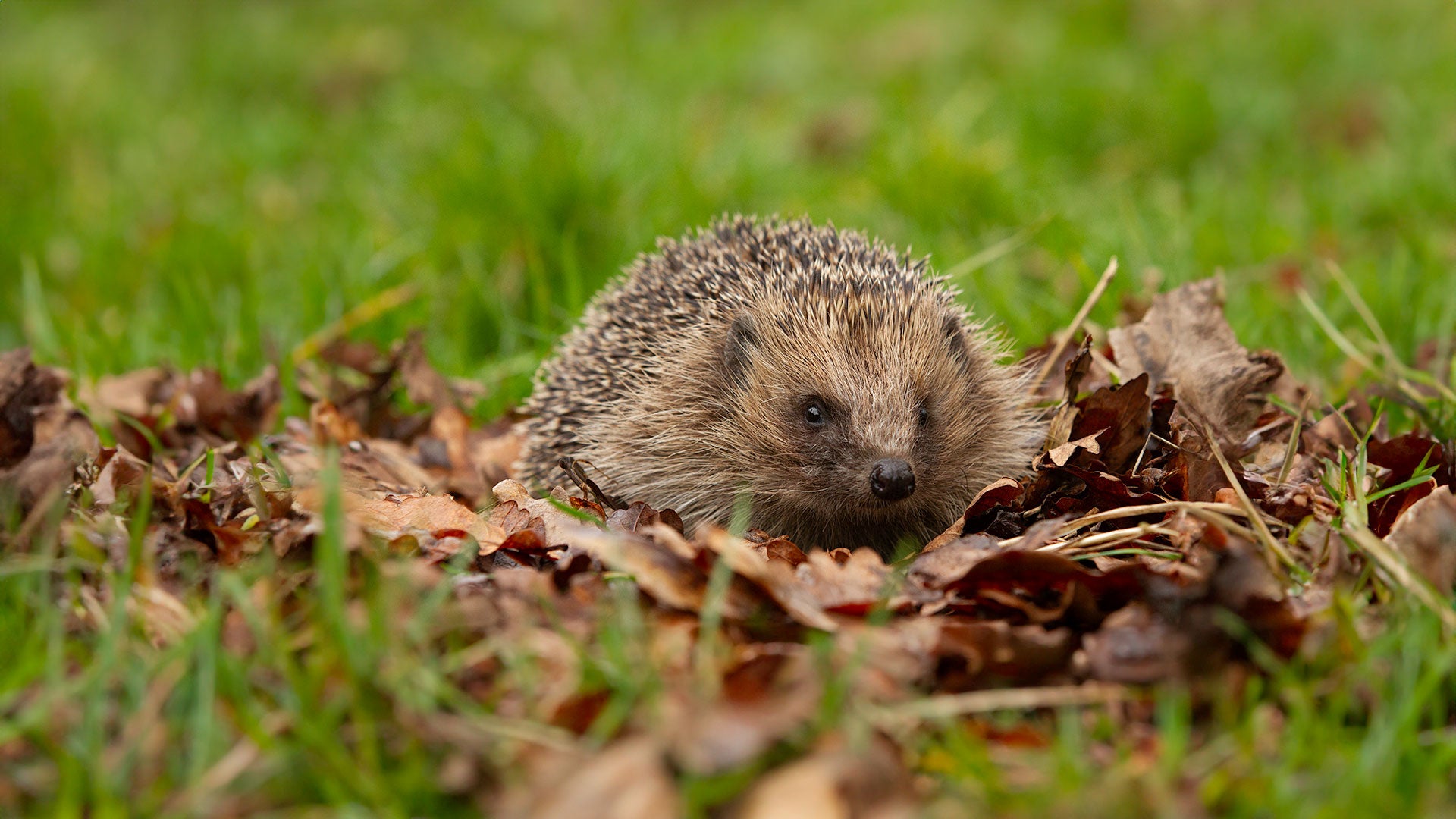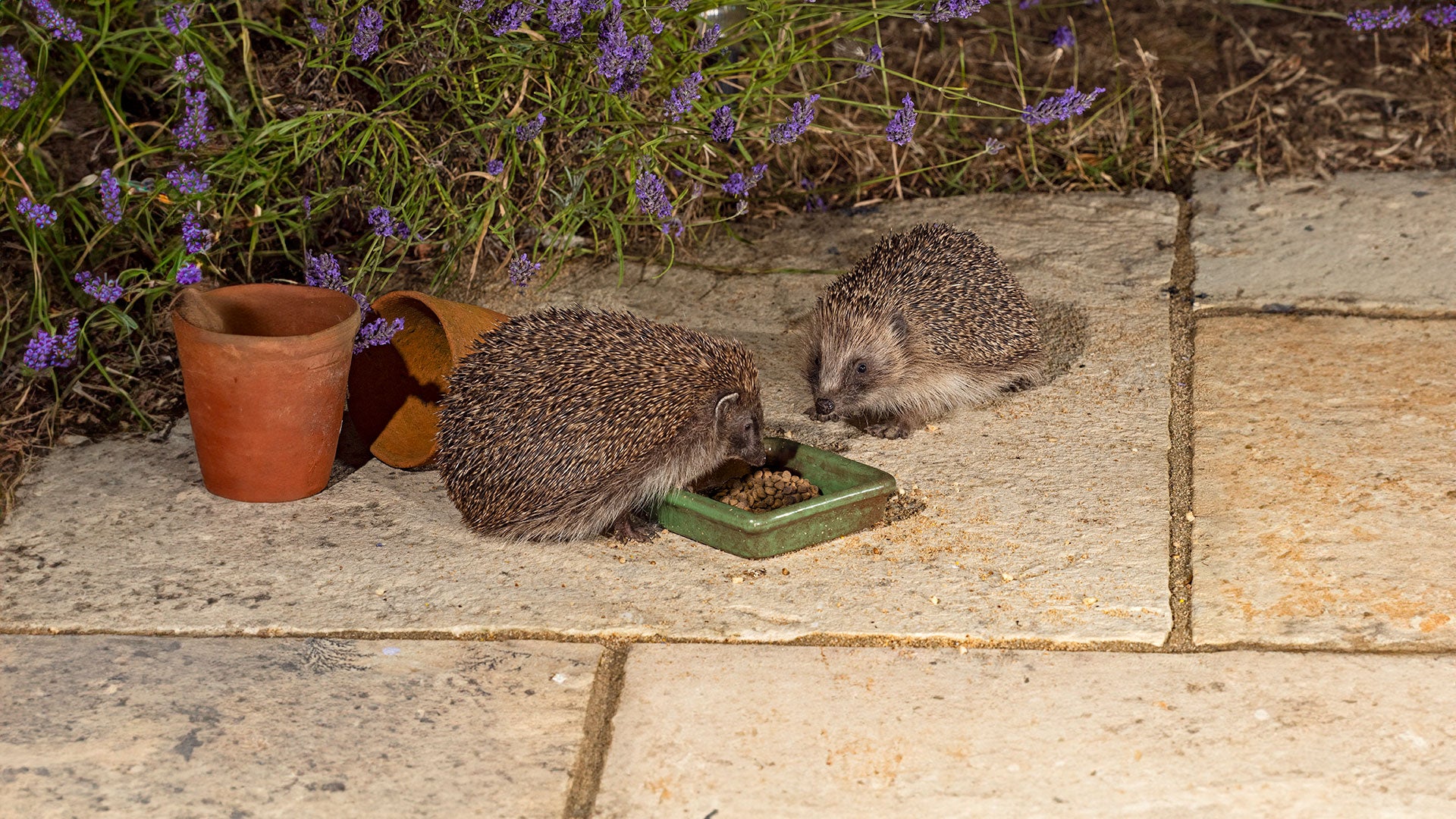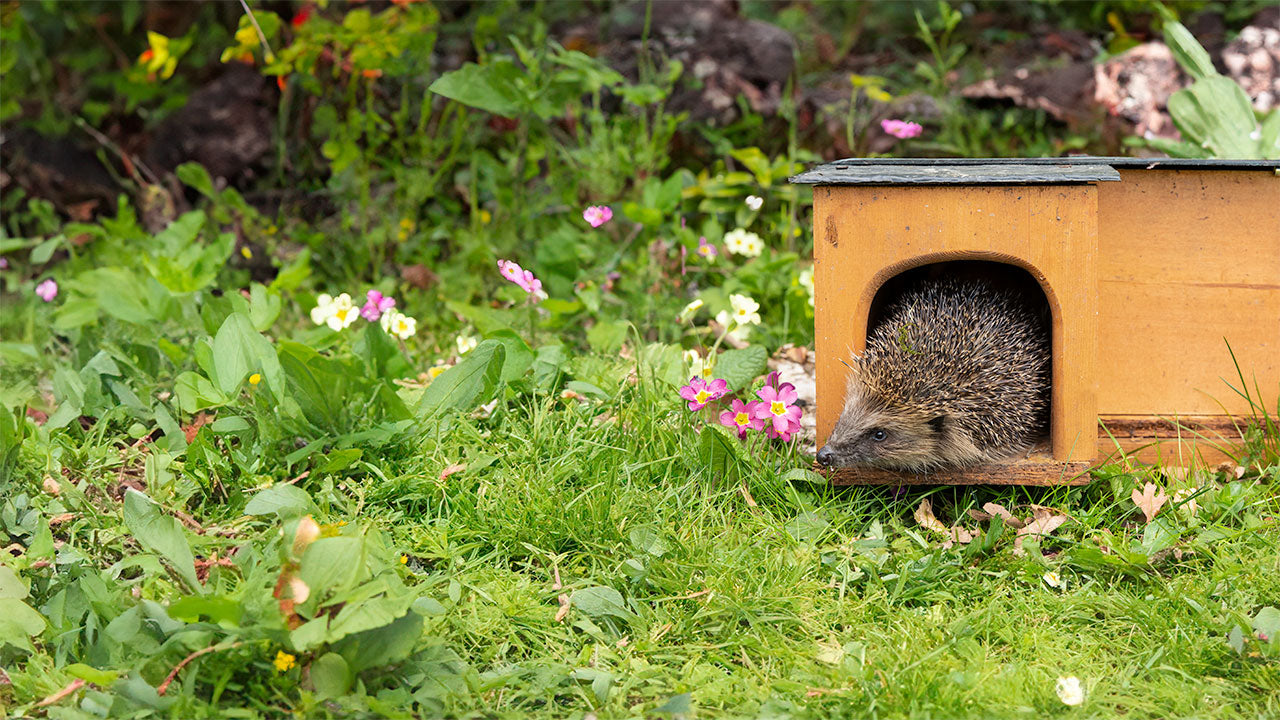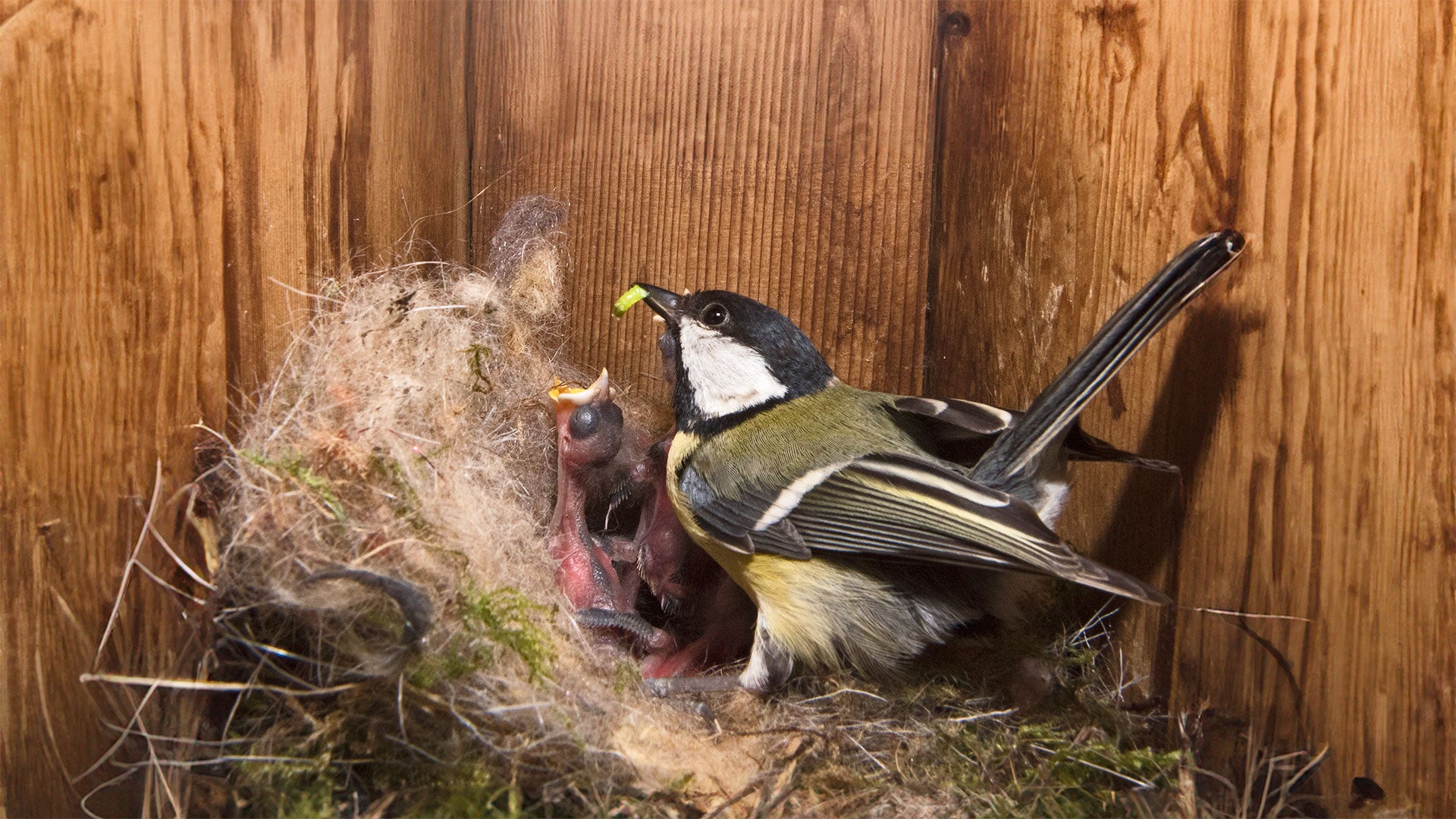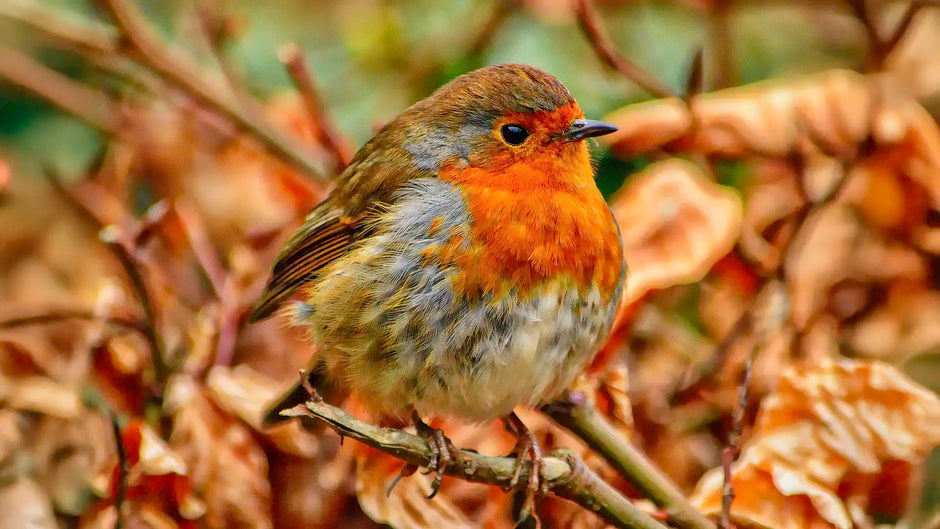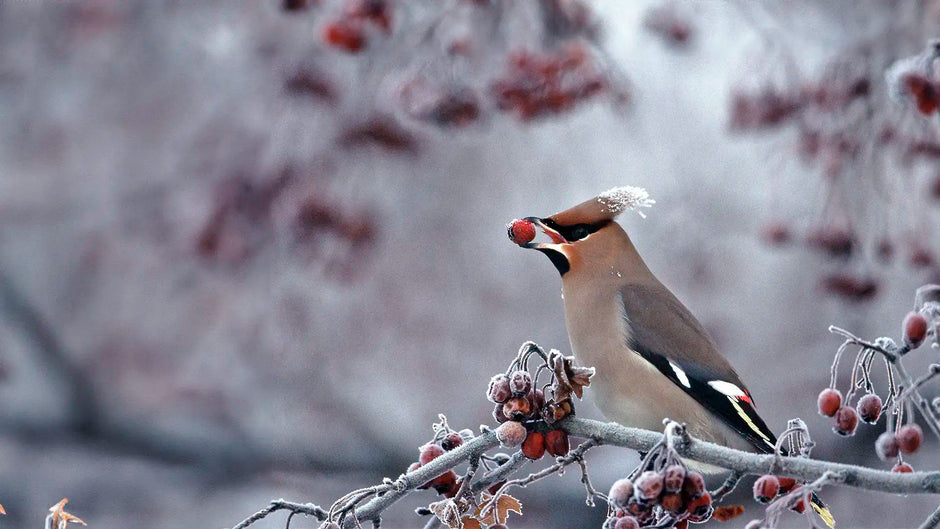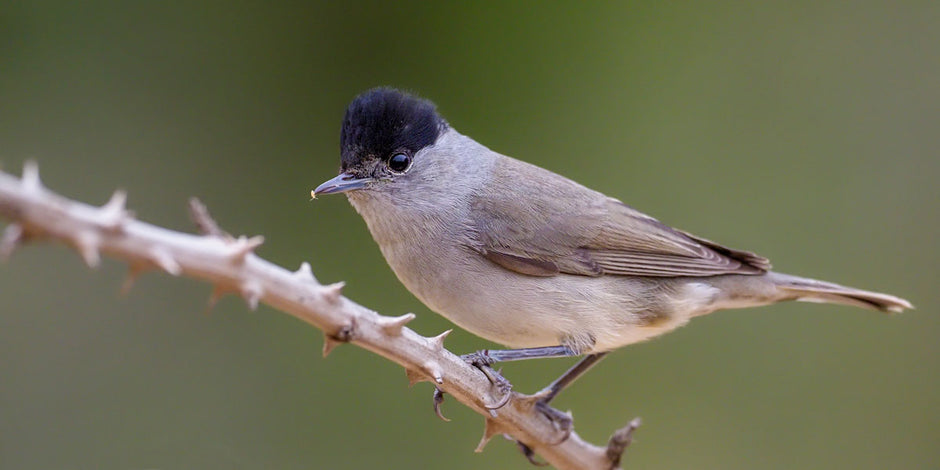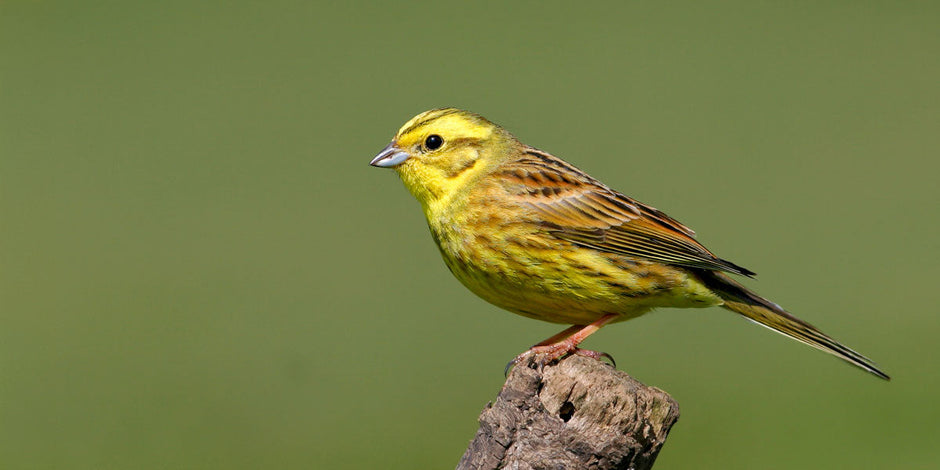If you encounter a hedgehog at night and it appears to be in good health, it's advisable to refrain from disturbing it. Hedgehogs are wild creatures and can become highly stressed when approached by humans. However, if you spot a hedgehog during the day, it might serve as a concerning indication that something might be wrong. In this article, we will discuss how to identify signs of illness or injury in hedgehogs and what steps you can take to provide them with the best possible care.
How to tell if a hedgehog is sick or injured
Recognising signs of illness or injury in a hedgehog visiting your garden is crucial for its wellbeing. First, observe its behaviour. A lethargic hedgehog, one that appears disoriented, or moves erratically may be unwell. Check for signs of injury, such as visible wounds, blood, or limping. Healthy hedgehogs are usually active and have a steady gait. Monitor the hedgehog's body condition. If it appears unusually thin, it could be suffering from malnutrition or illness. Likewise, if its spines are patchy, it might indicate a health issue.
Assess its eyes and nose for any discharges, as this can be indicative of infections. Healthy hedgehogs have bright, clear eyes. If you come across a hedgehog displaying any of these concerning signs, contact a local wildlife rescue or veterinarian with experience in hedgehog care. Early intervention can make a significant difference in the hedgehog's chances of recovery and survival.

What to do with a sick or injured hedgehog
If you suspect a hedgehog in your garden is unwell or injured, there are several steps you can take to ensure its safety and wellbeing.
Handle the hedgehog with care
Approach the hedgehog cautiously and gently. Wear gloves to protect your hands, as hedgehogs can carry parasites or diseases. It's essential to minimise stress and injury when handling them, as they can become easily frightened. Place the hedgehog in a shallow box or container with a soft towel or cloth at the bottom to prevent further harm.

Find a box to house the hedgehog
Hedgehogs need a secure and comfortable space while awaiting professional care. Locate a cardboard box or plastic container with ventilation holes. Ensure it has a secure lid or cover to prevent the hedgehog from escaping. Line the bottom with a clean, dry, and soft material, such as a towel or newspaper.
Make sure the hedgehog is warm
Hedgehogs require warmth, especially if they are sick or injured. Place a hot water bottle or a warm, not hot, rice bag wrapped in a towel at one end of the box. This provides a cosy area for the hedgehog to rest while allowing it to move away from the heat source if it becomes too warm.

Call your nearest wildlife rescue centre
Once the hedgehog is in a safe and warm container, the next crucial step is to contact your local wildlife rescue centre. They will provide you with guidance on the next steps and may arrange for the hedgehog to be collected and cared for by professionals. Avoid attempting to treat the hedgehog yourself, as improper care can do more harm than good.
What to do if you find a dead hedgehog?
If you come across a deceased hedgehog, make sure to report it to your local wildlife rescue centre. Especially if you encounter one during the breeding season, be attentive to the presence of any orphaned hoglets in the vicinity. Your observations and reporting can be invaluable for monitoring and safeguarding hedgehog populations.
Hedgehogs are charming and vital contributors to garden ecosystems, but they can sometimes find themselves in distress due to illness or injury. Recognising the signs of a sick or injured hedgehog and taking appropriate action is essential for their wellbeing. By handling them with care, providing a secure box, ensuring warmth, and reaching out to a wildlife rescue centre, you can make a significant difference in the life of these remarkable little creatures.



